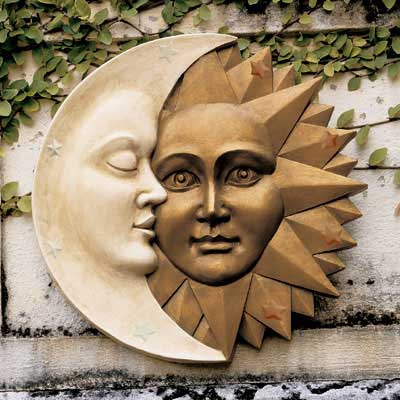FWP:
SETS == TRANSLATABLES
GRANDIOSITY: {5,3}
SUN: {10,5}
For discussion of this verse as part of an informal three-verse set, see {110,5}.
The implication is, as Bekhud Mohani says, that the beloved is of such a rank that the sun and moon are grateful and proud to have his/her foot placed on them. The speaker (plaintively? indignantly?) inquires whether his rank is not equal to theirs-- isn't he entitled to the same favor? Hovering over the verse is the idiom āñkheñ bichhānā (defined above), 'to spread out the eyes [as a carpet, in token of humility] (compare the welcome offered to the Advisor in {19,3}). However we read this verse, it's wonderfully grandiloquent and sweeping. The vision of it captures the imagination at once.
For another verse about being human versus being the sun and moon, see {124,3}.
For other such verses that seem to be addressed to a divine Beloved, see {20,10}.

Nazm:
In both these verses [this and {110,7}] he has addressed the Lord of the Ascent to Heaven [the Prophet]. (116)
== Nazm page 116